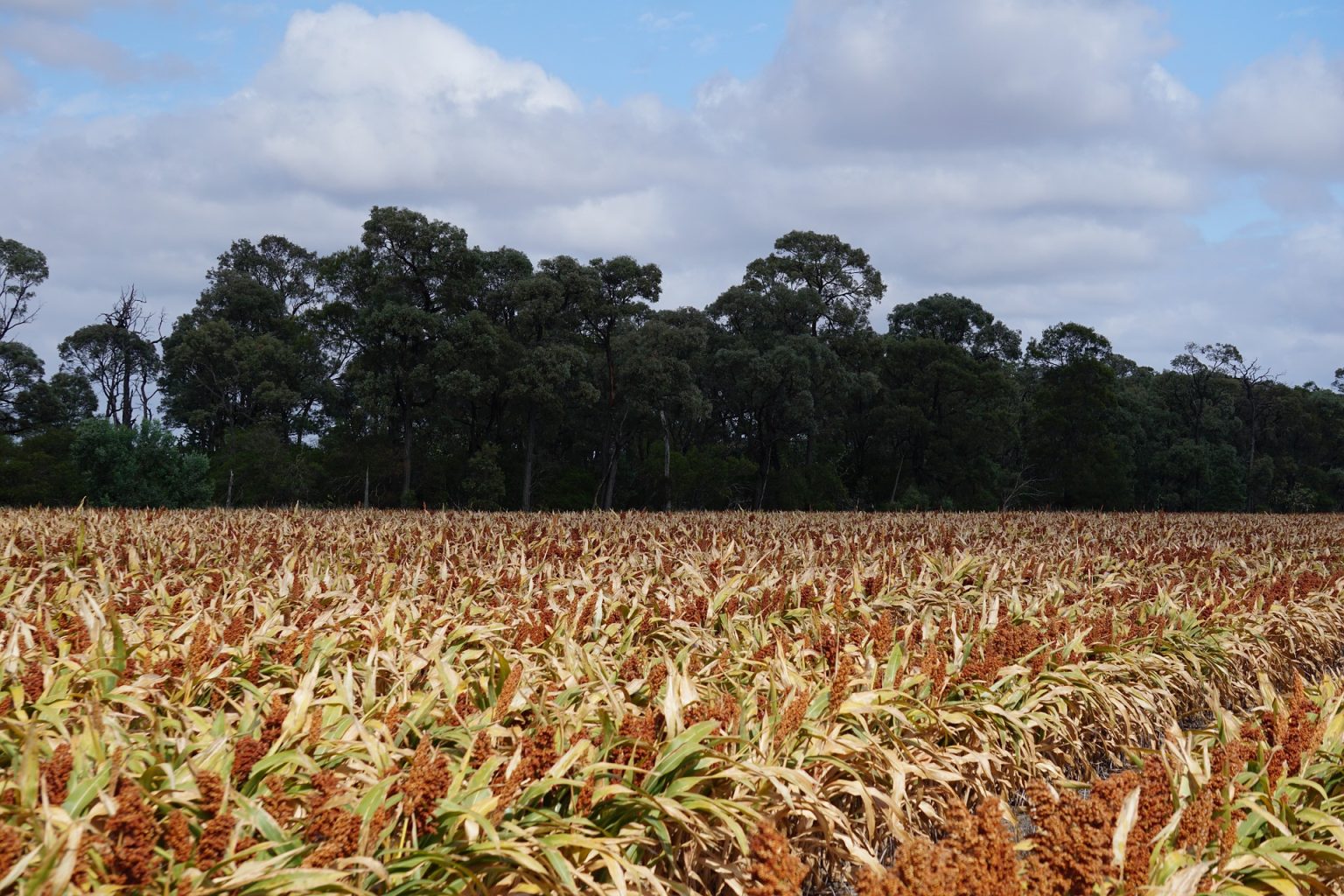Nigeria is making giant strides through the grain industry of in the agriculture sector as the West Africa nation has reached self-sufficiency in sorghum production, according to the President of Sorghum Farmers Association of Nigeria (SOFAN), Alhaji Lawal Gada. Gada, who also commended President Bola Tinubu for declaring state of emergency on food security, while addressing newsmen in Abuja; announced that Nigeria is currently exporting sorghum to Niger Republic and other West African countries.
Appraising the achievement with sorghum, the SOFAN President said “it is not only a food crop, it is now an industrial and cash crop as well”. He stated that the declaration of the state of emergency on food security would greatly enhance Nigeria’s self-sufficiency in food production and make the nation more food secure. Gada highlighted the declaration’s potential advantages, emphasising that it would protect Nigeria from the negative consequences of global disruptions as well as encourage more investment in agricultural and agro-industrial ventures. Concerning sustaining sorghum production progress, the SOFAN President announced that the crop still needs more support from the Federal Government, noting that interventions would help address some of the most formidable challenges inhibiting adequate food production in the country.
Gada listed such interventions to include the timely supply of fertilizer, pesticides and other farm inputs. He also called on the Federal Government to accord priority attention to some farming communities that were ravaged by flood in 2022 and previous years. He also appealed for more measures to boost security in the nation, with a view to bolstering food production. He assured that SOFAN was ready to partner with the Federal Government to effectively facilitate the realisaton of the Renewed Hope Agenda of President Bola Tinubu, in achieving on food security in Nigeria. Recall, the Minister of Agriculture and Rural Development, under President Muhammadu Buhari administration, had announced earlier this year that Nigeria is now about 75% self-sufficient in rice production through sustained investment in the value chain. In 2019, Nigeria had made public its efforts at achieving self-sufficiency in wheat, rice, corn, soybeans and other critical agricultural production; even though, as of present, self-sufficiency cannot be said to have been achieved on the crop production.

